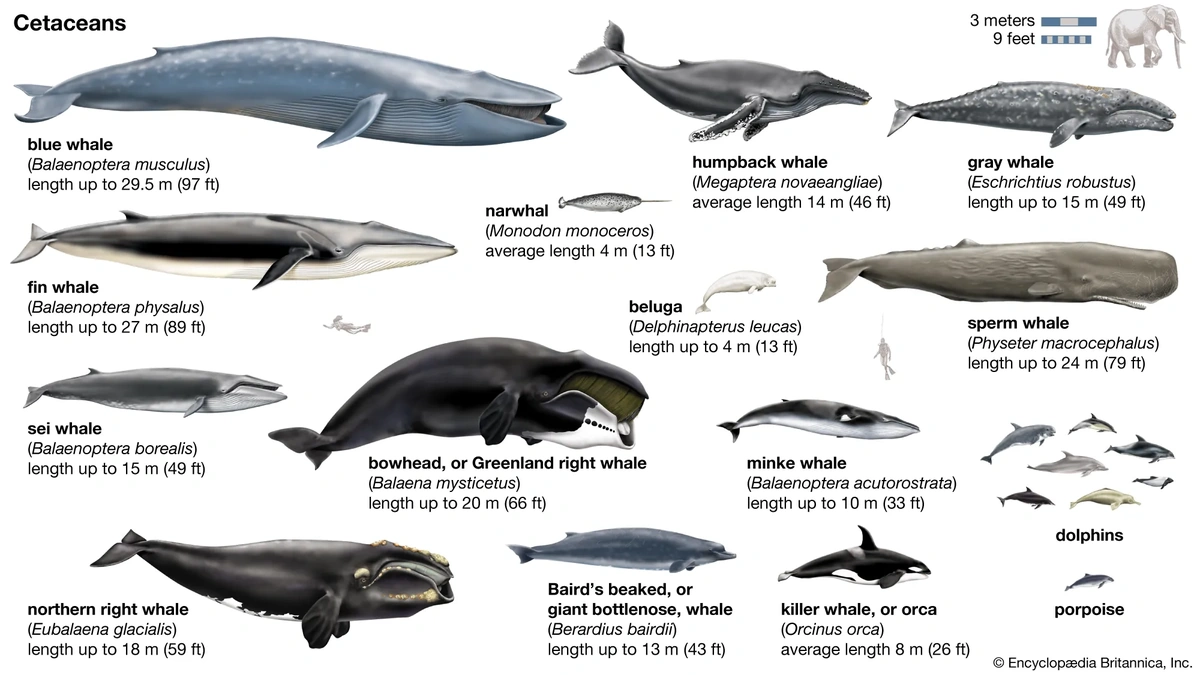Here’s the thing about whales : we think we know them, but do we really ? We see them breach, we hear their songs, but what’s actually going on beneath the surface? I initially thought they were just big, majestic creatures. But then I realized there’s a whole complex world of communication, social structure, and ecological impact that most of us completely miss. So, let’s dive deep deeper than any scuba diving adventure and explore what makes these incredible animals so vital and what they can teach us about our planet.
Why Whales Matter More Than You Think

It’s easy to see whales as just another species, beautiful but ultimately separate from our daily lives. But that’s where we’re wrong. Whales are keystone species in the ocean ecosystem, meaning their presence or absence has a ripple effect on everything else. Think of it like removing a load-bearing wall in a house. Suddenly, everything else is unstable. What fascinates me is how their feeding habits actually help fertilize the ocean. They feed at depth and then release nutrient-rich fecal plumes near the surface, essentially acting as giant ocean gardeners. This fertilization supports phytoplankton growth, which forms the base of the entire marine food web. And phytoplankton? They produce a significant portion of the Earth’s oxygen! Talk about a surprising contribution.
And then there’s the issue of carbon sequestration . Whales accumulate carbon in their bodies throughout their long lives. When they die, they sink to the bottom of the ocean, taking that carbon with them and locking it away for potentially centuries. This process, known as a “whale pump,” plays a crucial role in mitigating climate change. What I find particularly astonishing is that the decline in whale populations due to whaling has reduced the efficiency of this natural carbon sink. Restoring whale populations could, therefore, be a powerful tool in combating climate change. Whaling , unfortunately decimated whale populations in the 20th century.
The Astonishing Complexity of Whale Communication
We often hear about whale songs , but the reality is far more nuanced. It’s not just random noise. Different whale species have different dialects, and individuals within a pod have unique calls. Here’s the thing: these songs can travel for hundreds, even thousands, of miles. They use these songs for mating, navigation, and social cohesion. Imagine trying to communicate across the entire United States using only sound! According to research done in the scientific community , this is a very special skill.
What I find really cool is that some whale species, like humpbacks, learn new songs from other populations. It’s like a cultural exchange program for whales! They pick up new melodies and incorporate them into their own repertoire. And some recent research suggests that whales may even use their songs to create mental maps of the ocean floor, helping them navigate in the dark depths.
The Threats Whales Face and What We Can Do About It
Let’s be honest: the future of whales is uncertain. They face a multitude of threats, many of which are caused by human activity. Ocean pollution , for example, is a major concern. Plastic debris, chemical runoff, and oil spills can all have devastating effects on whale populations. They can ingest plastic, become entangled in fishing gear, and suffer from the toxic effects of pollutants. As stated by the U.S. Environmental Protection Agency, plastic pollution is a serious threat to the health of our oceans.
Climate change is also a significant threat. As the ocean warms and becomes more acidic, whale prey populations are shifting, and their habitats are changing. This can lead to malnutrition, reduced breeding success, and increased vulnerability to disease. But, it’s not all doom and gloom. There are things we can do to help. Supporting organizations that are working to protect whales and their habitats is crucial. Reducing our reliance on single-use plastics, advocating for stronger environmental regulations, and making sustainable seafood choices can also make a big difference. A common mistake I see people make is thinking their individual actions don’t matter. They do! Every small step counts.
The Future of Whale Conservation | A Call to Action
The ongoing efforts to protect endangered whale species are vital. Organizations dedicated to marine conservation are working tirelessly to preserve whale populations. These efforts include monitoring whale populations, researching their behavior and ecology, and advocating for policies that protect them from harm. By supporting these organizations, we can help ensure that whales continue to thrive in our oceans for generations to come. Let me rephrase that for clarity: the time to act is now. We need to shift our perspective and recognize that the health of the ocean and the health of whales is inextricably linked to our own well-being.
What fascinates me is that we have the knowledge and the tools to make a real difference. It’s not about grand gestures; it’s about making conscious choices every day that minimize our impact on the ocean. By embracing sustainable practices, supporting conservation efforts, and educating others about the importance of whales, we can become part of the solution. And that, my friend, is something worth singing about. After all, who doesn’t love singing? The ocean’s gentle giants, with all their wisdom, await our stewardship.
FAQ About Whales
What is the biggest threat to whales?
The biggest threats include ocean pollution, climate change, and entanglement in fishing gear.
How long do whales typically live?
It varies by species, but some whales can live for over 100 years.
What do whales eat?
It depends on the species. Some eat krill and plankton, while others eat fish and squid.
How can I help protect whales?
Support conservation organizations, reduce plastic use, and make sustainable seafood choices.
Are all types of whales endangered?
No, but many species are threatened or endangered.




